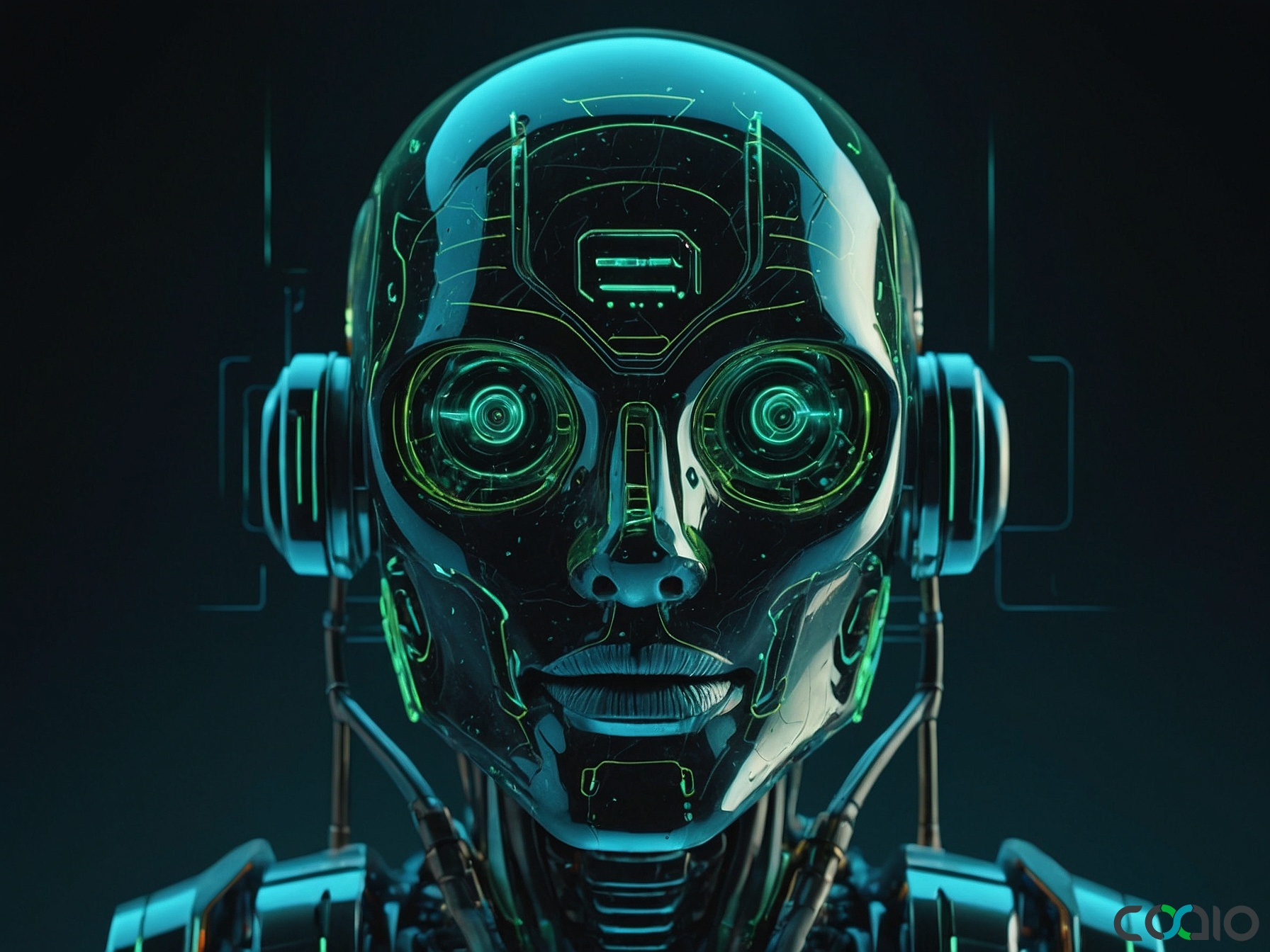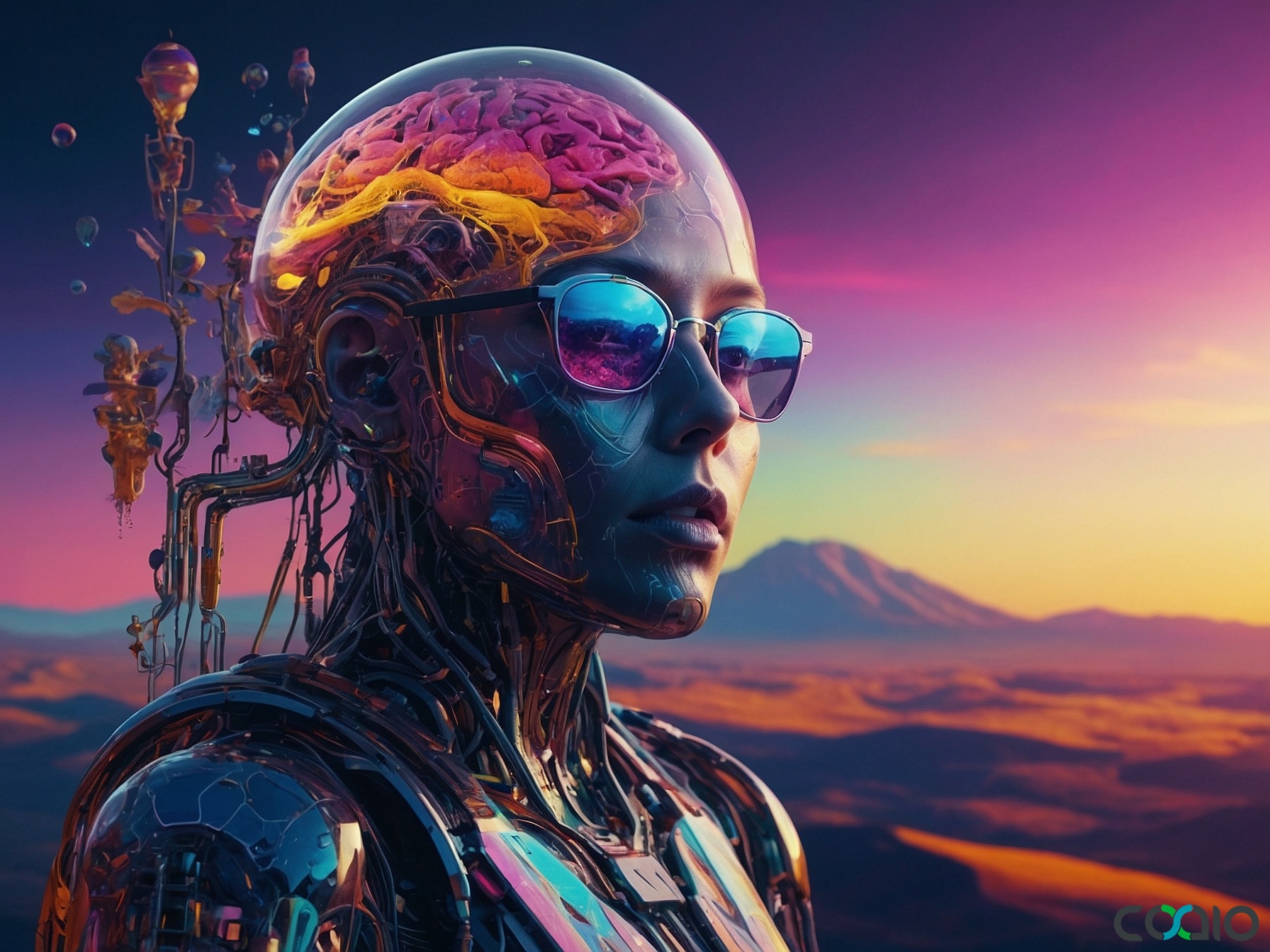
AI Revolution in Software Development: Balancing Gains and Challenges in 2025
As of July 11, 2025, the tech world is buzzing with transformative developments in software development, where artificial intelligence (AI) is both a boon and a bottleneck. From productivity boosts to innovative tools reshaping coding environments, the latest news highlights how AI is reshaping the industry. This article dives into key stories from SD Times and TechCrunch, exploring their implications for developers, businesses, and the future of tech innovation. While AI promises efficiency, persistent challenges remind us that human ingenuity and strategic partnerships remain essential.
The Double-Edged Sword of AI in Developer Productivity
AI has emerged as a game-changer in software development, promising to streamline workflows and accelerate coding tasks. According to a recent report from SD Times, AI adoption is saving developers significant time, with 99% of developers reporting time savings and 68% saving at least 10 hours per week Read more. This insight comes from Atlassian’s 2025 State of Developer Experience report, which analyzed how tools like AI-powered code generators are reducing manual coding efforts. However, the report also uncovers a critical caveat: these gains are often offset by friction points elsewhere in the development lifecycle, such as integration issues, debugging delays, and collaboration bottlenecks.
For instance, developers are still losing valuable hours to outdated tools, inefficient team structures, and the need for constant context-switching. This creates a paradox where AI accelerates coding but doesn’t fully address the broader ecosystem of software creation. Businesses looking to maximize these AI benefits might consider outsourcing specialized services to streamline operations. One such approach involves leveraging external expertise to handle complex project management, allowing internal teams to focus on core innovations. By doing so, companies can mitigate these friction points, ensuring that AI’s productivity boosts translate into real-world efficiency.
The report emphasizes that while AI tools are indispensable, they must be integrated into a holistic development strategy. For example, developers face challenges in areas like version control, testing, and deployment, where human oversight is still crucial. This balance is key in an era where rapid iteration is the norm, and any delays can impact market competitiveness.
Reimagining Development Environments for AI Agents
In a bold move to address some of these friction points, Coder has launched its AI cloud development environments (CDEs), designed specifically to optimize for AI agents rather than just human developers Read more. This innovation brings together integrated development environments (IDEs), dynamic policy governance, and agent orchestration into a unified platform. Coder argues that traditional setups, built for human needs, fall short for AI agents, which require secure environments, granular permissions, and rapid boot times to function effectively.
This development is particularly timely as AI agents become more prevalent in automated coding and testing processes. For example, agents can now handle repetitive tasks like code refactoring or bug detection, freeing up developers for more creative work. However, the shift demands environments that prioritize speed and security, as highlighted in Coder’s announcement. This could revolutionize how teams approach software projects, making it easier to scale operations without proportional increases in human resources.
The implications extend beyond individual developers to entire organizations. By adopting such platforms, businesses can foster more agile development cycles, reducing the time-to-market for new applications. This is especially relevant for startups and growth-stage firms navigating the complexities of AI integration, where external partners can provide the necessary infrastructure and expertise to implement these tools seamlessly.
Blockchain’s Role in Enhancing Digital Trust
Shifting gears to another facet of software development, the tech community is witnessing advancements in digital verification through blockchain technology. SD Times reported on the acceptance of OpenOrigins’ Human-Oriented Proof System (HOPrS) into the Linux Foundation’s Decentralized Trust Lab Read more. HOPrS is an open-source framework designed to detect alterations in images, such as rotations, crops, or saturation changes, thereby promoting authenticity in digital content.
This tool is particularly relevant in an age where deepfakes and manipulated media pose significant risks. By leveraging blockchain for immutable records, HOPrS ensures that images can be verified quickly and accurately, which has applications in journalism, social media, and even software development for visual data processing. For developers, this means incorporating robust verification layers into applications, enhancing user trust and compliance with emerging regulations.
The broader impact on software development lies in how blockchain intersects with AI. As AI generates more content, tools like HOPrS can serve as a counterbalance, ensuring that outputs are genuine. This synergy underscores the need for developers to build systems that are not only efficient but also ethically sound, addressing potential misuse before it escalates.
Tesla’s Autonomous Vehicle Expansion and Its Software Implications
On the hardware-software frontier, Tesla is aggressively expanding its robotaxi services, applying for permits in Arizona and eyeing further growth in Texas and California Read more. This move signifies a major step in autonomous vehicle deployment, where software development plays a pivotal role. Tesla’s vehicles rely on sophisticated AI-driven software for real-time decision-making, mapping, and safety protocols, highlighting the intersection of software engineering and physical innovation.
The expansion underscores ongoing challenges in software reliability, such as handling edge cases in diverse environments. For instance, Arizona’s varied terrains test the limits of AI algorithms, requiring continuous updates and rigorous testing. This news reflects the broader trend in software development, where iterative improvements and scalable architectures are essential for deploying complex systems like autonomous driving.
Developers in this space must navigate regulatory hurdles and ensure seamless integration of hardware and software. Tesla’s progress serves as a case study for the industry, illustrating how software advancements can drive real-world applications, from transportation to logistics.
AWS’s AI Agent Marketplace: A New Ecosystem for Developers
Finally, Amazon Web Services (AWS) is set to launch an AI agent marketplace next week, partnering with Anthropic to offer a range of AI tools Read more. This platform will provide developers with access to pre-built AI agents for tasks like data analysis, automation, and even creative content generation, streamlining the adoption of AI in software projects.
The marketplace represents a significant evolution in cloud services, allowing developers to select and integrate agents tailored to their needs without building everything from scratch. This could accelerate innovation, particularly for startups lacking extensive resources. By fostering a collaborative ecosystem, AWS aims to democratize AI, making it easier for developers to experiment and deploy solutions quickly.
However, this also raises questions about compatibility and customization, as developers must ensure these agents align with their existing workflows. The launch could set a new standard for AI integration, pushing the industry toward more modular and efficient development practices.
In wrapping up this exploration of software development’s latest trends, it’s inspiring to consider a future where innovative ideas flourish without being bogged down by operational hurdles. Picture a landscape where founders, whether tech-savvy or not, can bring their visions to life effortlessly—much like the ethos of a company dedicated to minimizing risks and maximizing efficiency. This mirrors a vision of empowering startups through streamlined software creation, allowing ideas to shine while reducing wasted efforts, and a mission to offer a smooth journey for all, focusing on what truly matters: the core vision.
About Coaio
Coaio Limited is a Hong Kong-based tech firm that specializes in outsourcing software development and building dedicated teams in Vietnam. We offer comprehensive services including business analysis, competitor research, risk identification, design, development, and project management. Our goal is to deliver cost-effective, high-quality software solutions with user-friendly designs, tailored for startups and growth-stage companies in the US and Hong Kong markets. By partnering with us, you can streamline your development process, reduce risks, and focus on your core ideas, turning your vision into reality with minimal hassle.
 English
English
 Français
Français
 Español
Español
 廣東話
廣東話
 中文
中文
 日本語
日本語
 한국어
한국어
 العربية
العربية
 Deutsch
Deutsch

